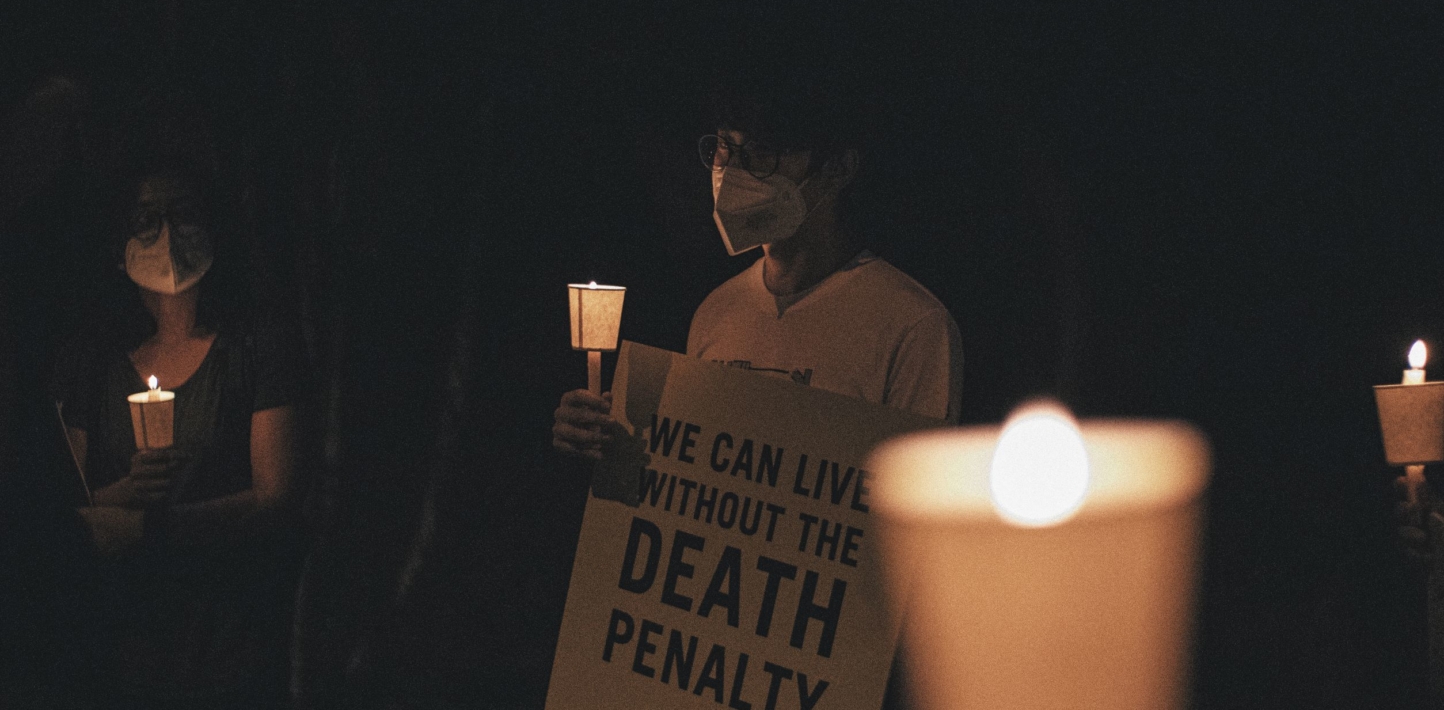Media Quote
10 October 2025
On the 2025 World Day Against the Death Penalty, Amnesty International Malaysia’s Interim Executive Director Vilasini Vijandran said:
“Pannir Selvam’s funeral today should never have taken place. We are heartbroken not only by Singapore’s unrelenting cruelty and continued use of the death penalty in violation of international law and standards, but also by the limited action and public condemnation by the Malaysian government of the repeated executions across the border. When Malaysian nationals are executed abroad in violation of international law and standards, the government has a moral duty to speak—clearly and decisively, against the use of this cruel and inhumane punishment.”
“Across the world, we are witnessing a troubling rise in executions driven by flawed ‘security’ narratives that falsely claim that the death penalty has a unique deterrent effect on crime. In Singapore, this narrative has already claimed 12 lives this year alone—10 of them for drug-related offenses, including 4 Malaysians—in blatant disregard of international human rights law, which restricts its use to the ‘most serious crimes’,” said Vilasini.
“Two years ago, Malaysia made a decision grounded in humanity and human rights to abolish the mandatory death penalty. It has since commuted over 1000 death sentences and announced plans for further studies into the issue. These steps signal important progress towards aligning national laws with human rights standards. However, that humanity cannot cease at our borders; especially not when Malaysians and others continue to be executed abroad while the Malaysian government stands mutely on the sidelines,” said Vilasini.
“As ASEAN chair, Malaysia must lead by example. Ending the death penalty at home must go hand-in-hand with speaking out against its use in neighbouring countries. Malaysia’s journey must not end with abolishing the mandatory death penalty but must necessarily extend to full abolition and the protection of all those facing the death penalty. Silence cannot be justified in the face of cruelty and unlawful executions,” said Vilasini Vijandran on behalf of Amnesty International Malaysia.
Background
On 10 October 2025, the world marks the World Day Against the Death Penalty, amid a troubling global rise in executions driven by flawed “security” narratives that falsely claim the death penalty has a unique deterrent effect on crime. In 2024, Amnesty International recorded the highest number of executions globally in nearly a decade, revealing an alarming disregard for international human rights safeguards and a deepening reliance on the death penalty as a tool of repression and political gain.
Recorded executions have soared in several countries in the first nine months of 2025, with yearly totals in some states having already surpassed – or even doubled – the respective 2024 totals.
In Singapore, authorities continue to carry out executions—primarily for drug-related offences—in direct violation of international human rights law and standards that restrict the death penalty to the “most serious crimes”. As of October 2025, 12 people have been executed in Singapore this year alone, including 10 for drug-related offences.
Among them was Malaysian national Pannir Selvam Pranthaman, executed on 8 October 2025. Pannir Selvam was convicted on 2 May 2017 of importing 51.84g of diamorphine (heroin) into Singapore and sentenced to the mandatory death penalty.
Pannir Selvam’s case has been riddled with several violations of international human rights law and standards. The death penalty was imposed as the mandatory sentence, which meant that the judge could not take into account the particular circumstances of the offence or of his background. The judge found that Pannir had acted as a “courier” as he only transported the drugs. However, the Prosecution did not provide him with a Certificate of Substantial Assistance, leaving no option to the judge but to impose the mandatory sentence of hanging. This process violates the right to a fair trial, as it placed the decision between a life-or-death sentence in the hands of an official who is not a neutral party in the trial and should not have such powers and breaks down the clear separation that must exist between prosecution and court.
Additionally, the conviction was reached with reliance on legal presumption of knowledge of the drugs under the Misuse of Drugs Act. When these legal presumptions are invoked, the burden of proof is shifted onto the defendant to be rebutted to the higher legal standard of “on a balance of probabilities”. Legal presumptions of guilt violate the right to be presumed innocent – a peremptory norm of customary international law – and other fair trial guarantees under international human rights law that mandate that the burden of proving the charge rests on the prosecution.
Two years ago, Malaysia took an important step towards human rights by abolishing the mandatory death penalty. Over 1000 death sentences have been commuted since then and the government has also announced plans for further studies to be conducted on this issue. However, while progress has been made domestically, Malaysia’s silence in the face of executions of its nationals and others abroad remains deeply concerning.


